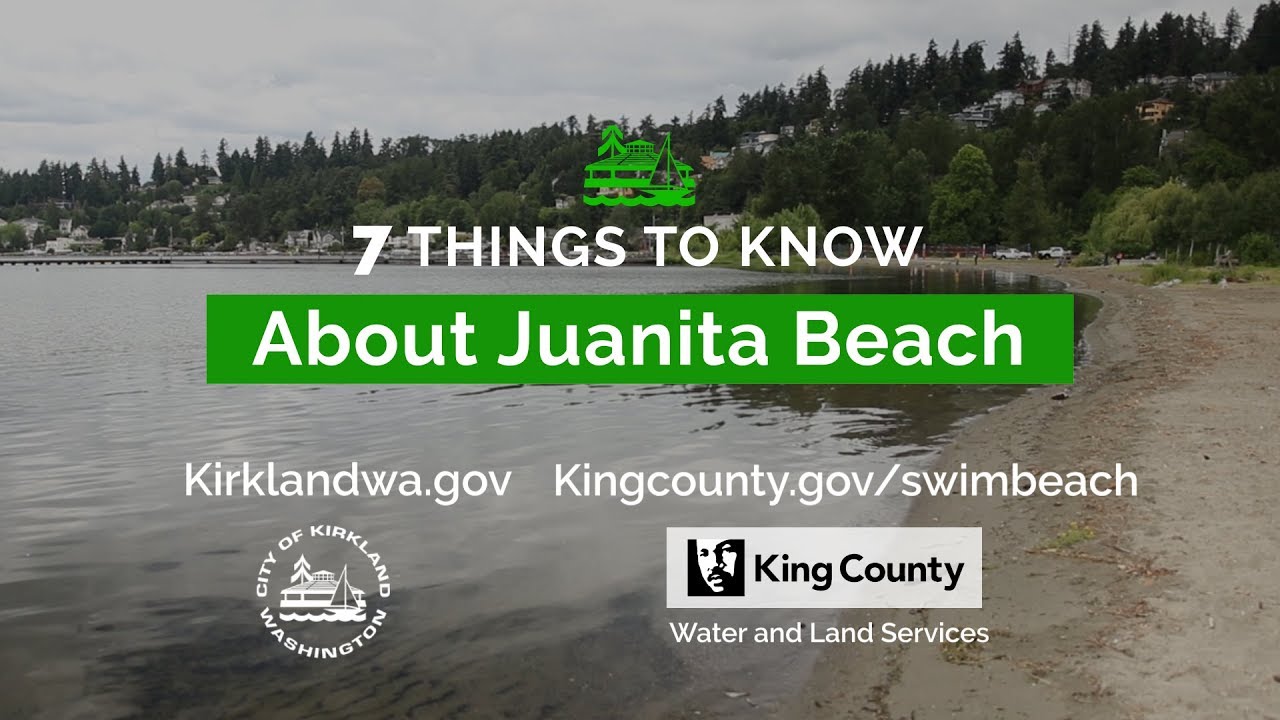Juanita Beach in Kirkland, Washington, has officially reopened for all water activities as of 2:30 p.m. on September 3, following approval from Public Health – Seattle & King County. The popular local shoreline had been off-limits to swimmers, waders, and pets since August 26 due to elevated bacteria levels detected during routine testing. Water quality specialists from King County Water and Land Resources Division confirmed that conditions are now safe for public recreational use.
The reopening comes just in time for residents hoping to enjoy a few more beach days before the summer season winds down. King County officials have committed to ongoing weekly water sampling at the site to ensure continued safety for beachgoers. The week-long closure, while disappointing for many during the late summer period, represents standard safety protocols designed to protect public health when water quality concerns arise.

- Community members rejoice as Juanita Beach reopens, marking the end of its closure due to safety concerns. Source: kirklandwa.gov
Beach closures like the one at Juanita are part of a water quality management program throughout King County. The County’s Department of Natural Resources and Parks conducts regular weekly testing at swimming beaches across the region throughout the summer months. These tests measure bacteria levels that could potentially cause illness in swimmers. When results exceed safety thresholds, officials temporarily close beaches and remove lifeguards until subsequent testing confirms the water is again safe for recreational activities.
For residents looking to stay informed about beach conditions, King County offers several convenient resources. The County maintains a Lake Swimming Beach Bacteria page online where visitors can check status updates for all regional beaches. Additionally, community members can join the King County Lake Beach Alert mailing list to receive direct notifications about closures and reopenings. The City of Kirkland has also produced an educational video explaining the science behind seasonal beach closures and offering practical tips on how community actions can help prevent future water quality issues.
Header Image Source: AI-generated image
